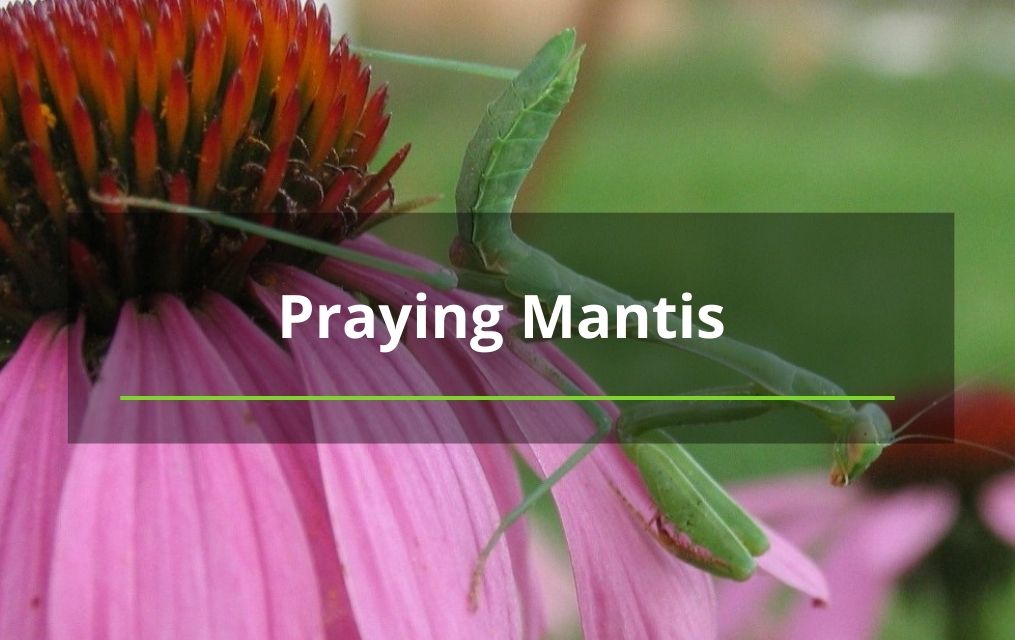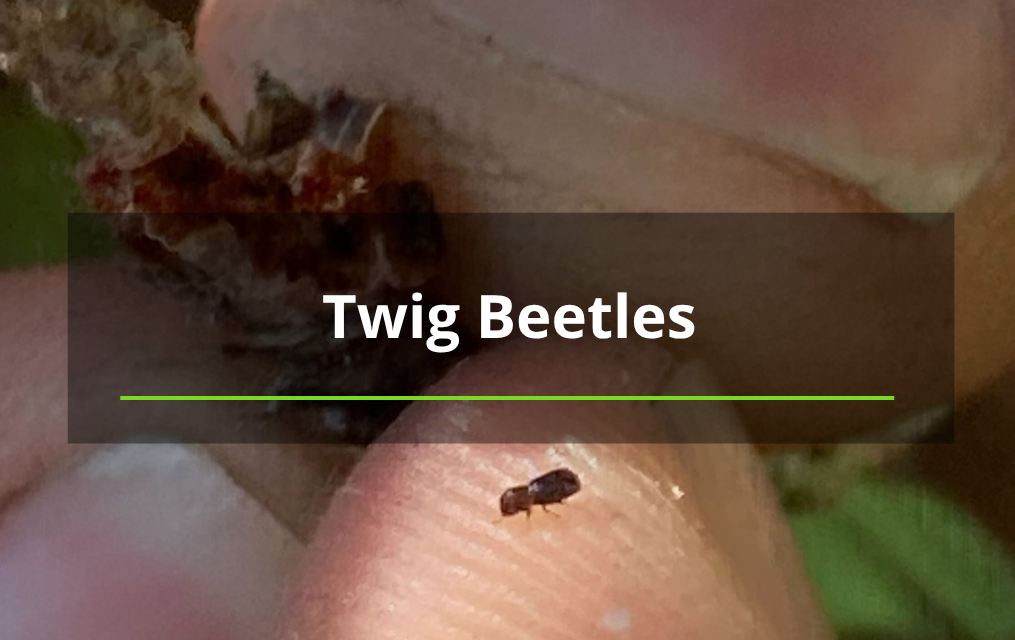Blogs
Bug of the Month: Praying Mantis

Bug of the Month: Praying Mantis
Worldwide, one well-known and well-respected type of insect is the praying mantis. They feature in many ancient mythologies and have even inspired martial arts styles named Southern Praying Mantis and Northern Praying Mantis. Many people also value them for their pest-control services, and they are often kept as pets (though they only live about one year). There are about 2400 species in the world.
Named for their habit of holding their fore legs together in front of them, they are not so much praying as they are prey-ing. All mantids are predators, aided by their very mobile triangular head, very large compound eyes, and a beak-like mouth well suited to tearing victims apart. Their long, strong and bristly front legs catch unwary prey, which can be anything that gets too close – other insects, spiders, lizards, frogs, fish, even small birds. It turns out they are not great at pest control, in that they eat the pests and the allies and everything in between.
Like many insect species, female praying mantids are larger than males, and have been noted to occasionally eat the males right after mating. One common species here is the bosque mantis, a.k.a. Stagmomantis limbata. Females are light green, while the slenderer males tend to be brown (see photos above). They are large insects, up to three inches long, which makes them one of the largest praying mantids in North America. And don’t worry, they are not venomous, though their bite would probably hurt quite a bit!
Click here to find out more about our Albuquerque tree removal services.













